Literary poets in Pakistan: Jwt World Times ADBI PAINDE in Urdu Free PDF For PMS Read Online 2024
Literary Poets in Pakistan: A Journey Through Verses and VoicesPakistan,
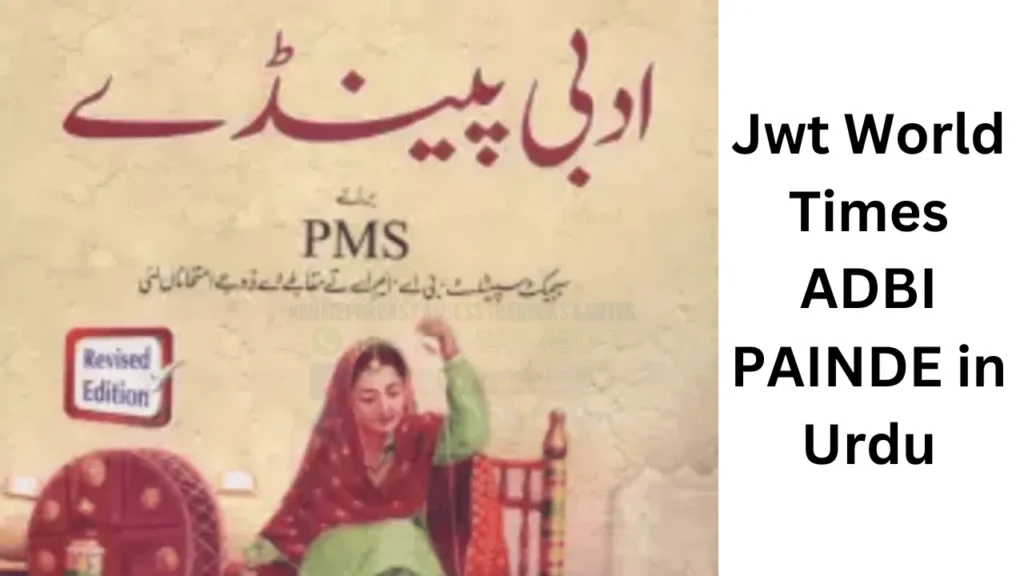
Poetry has long been the heartbeat of Pakistani culture, echoing the nation’s joys, sorrows, and aspirations through eloquent verses. From the pre-partition era to the contemporary digital age, Pakistani poets have crafted a rich tapestry of words that reflects the country’s complex history, diverse cultures, and evolving social landscape. This comprehensive guide will take you on a journey through the world of literary poets in Pakistan, exploring their works, themes, and lasting impact on literature and society.
Whether you’re a poetry enthusiast, a student of literature, or simply curious about Pakistani culture, this article will provide you with valuable insights into the poetic traditions that have shaped the nation’s literary identity. We’ll explore the lives and works of renowned poets, examine the themes that dominate Pakistani poetry, and discuss how this art form continues to evolve in the modern era.
By the end of this guide, you’ll have a deeper appreciation for the depth and breadth of Pakistani poetry, as well as the tools to explore this rich literary tradition further. Let’s embark on this poetic journey through the land of the pure.
Also, Check Oxford Practical English Usage: The Ultimate Guide for English Learners and Teachers
The Historical Roots of Pakistani Poetry
To understand the literary poets of Pakistan, we must first delve into the historical context that shaped their art. The poetic tradition in the region that is now Pakistan predates the country’s formation in 1947.
Pre-partition poetic traditions were deeply rooted in the Indian subcontinent’s rich literary heritage. The region was a melting pot of cultures, languages, and artistic expressions, with poetry playing a central role in cultural and intellectual life.
influence of Urdu and Persian literature was significant in shaping what would become Pakistani poetry. Urdu, with its blend of Persian, Arabic, and indigenous languages, became a primary vehicle for poetic expression. The ghazal form, with its intricate rhyme schemes and profound themes, was particularly popular.
The role of poetry in the independence movement cannot be overstated. Poets used their verses to inspire nationalist sentiments, critique colonial rule, and envision a free homeland. This period saw the emergence of revolutionary poetry that would later become a hallmark of Pakistani literature.
Classical Pakistani Poets
The early years of Pakistan saw the rise of poets who would become literary giants, shaping the nation’s poetic landscape for generations to come.
- Allama Muhammad Iqbal (1877–1938)
- Known as the “Spiritual Father of Pakistan,”
- Famous works: “Shikwa” and “Jawab-e-Shikwa”
- Themes: Islamic philosophy, self-realization, and pan-Islamic unity
- Faiz Ahmed Faiz (1911–1984)
- A pioneer of progressive writing in Urdu
- Notable collection: “Nuskha-e-Wafa”
- Themes: Love, social justice, and political resistance
- Noon Meem Rashid (1910–1975)
- Introduced modernist poetry in Urdu
- Famous poem: “Zindagi se Darte Ho”
- Themes: Existentialism, nature, and the psyche
- Ahmad Faraz (1931-2008)
- Known for his romantic and revolutionary poetry
- Popular ghazal: “Ranjish Hi Sahi”
- Themes: Love, political activism, and social critique
These poets laid the foundation for Pakistani poetry, blending traditional forms with modern themes and pushing the boundaries of poetic expression.
Modern Masters of Pakistani Poetry
As Pakistan evolved, so did its poetry. The mid-to-late 20th century saw the emergence of poets who further expanded the scope and depth of Pakistani literature.
- Parveen Shakir (1952–1994)
- Renowned for her feminine perspective in Urdu poetry
- Famous collection: “Khushbu”
- Themes: Love, femininity, and social taboos
- Kishwar Naheed (b. 1940)
- A feminist poet known for her bold, unconventional style
- Notable work: “Lab-e-Goya”
- Themes: Women’s rights, social injustice, and personal freedom
- Iftikhar Arif (b. 1943)
- Known for his lyrical style and deep philosophical insights
- Acclaimed collection: “Mehr-i-Do Neem”
- Themes: Cultural heritage, spirituality, and human emotions
- Zehra Nigah (b. 1937)
- A master of both traditional and modern forms of Urdu poetry
- Famous poem: “Watan ko Kuch Nahi Hota”
- Themes: Patriotism, social issues, and personal reflections
These modern masters bridged the gap between classical and contemporary poetry, addressing new societal issues while maintaining a connection to traditional poetic forms.
Contemporary Voices in Pakistani Poetry
The late 20th and early 21st centuries have seen a new generation of poets emerge, bringing fresh perspectives and styles to Pakistani literature.
- Fatima Bhutto (b. 1982)
- Known for her English-language poetry and prose
- Poetry collection: “Whispers of the Desert”
- Themes: Politics, family, and national identity
- Ilona Yusuf (b. 1952)
- A bilingual poet writing in English and Urdu
- Notable work: “The Gatekeeper’s Wife and Other Poems”
- Themes: Nature, memory, and cultural intersections
- Harris Khalique (b. 1966)
- Writes in English, Urdu, and Punjabi
- Acclaimed collection: “Between You and Your Love”
- Themes: Urban life, political satire, and human rights
- Yasmeen Hameed (b. 1956)
- Known for her sensitive and introspective poetry
- Collection: “Aadhi Aurat Aadha Khwab”
- Themes: Female identity, relationships, and inner landscapes
These contemporary poets continue to push the boundaries of Pakistani poetry, experimenting with language, form, and content while addressing modern-day realities.
Themes in Pakistani Poetry
Pakistani poetry encompasses a wide range of themes, reflecting the complex tapestry of the nation’s cultural, social, and political landscape.
- Love and romance: A perennial theme, often expressed through ghazals and romantic novels
- Social justice and political commentary: Many poets use their work to critique societal issues and political systems
- Spirituality and mysticism: Influenced by Sufi traditions, exploring the relationship between the self and the divine
- Cultural Identity and Nationalism: Poems that celebrate Pakistani heritage or grapple with questions of national identity
- Nature and the environment: Especially prevalent in regional language poetry, reflecting Pakistan’s diverse geography
- War and conflict: Addressing the impact of regional conflicts and global issues on Pakistani society
- Feminism and gender roles: Contemporary poets often challenge traditional gender norms and advocate for women’s rights
These themes often intertwine, creating multi-layered works that resonate with readers on multiple levels.
The Language of Pakistani Poetry
The linguistic diversity of Pakistan is reflected in its poetry.
- Urdu poetry traditions: Urdu remains the primary language of Pakistani poetry, with a rich tradition of ghazals, nazms, and other forms
- Regional language poetry:
- Punjabi: Known for its folk traditions and Sufi influences
- Sindhi: Rich in mystical and romantic themes
- Pashto: Often focuses on themes of honor, love, and patriotism
- Balochi: Celebrates tribal culture and natural beauty
- English language poetry in Pakistan: A growing trend, especially among younger poets, often addressing global themes and diasporic experiences
This linguistic diversity adds depth and richness to Pakistani poetry, allowing for a wide range of expressions and cultural nuances.
Pakistani Poetry in Translation
Translation plays a crucial role in bringing Pakistani poetry to a global audience.
- Challenges and opportunities: Translators must navigate complex linguistic and cultural nuances
- Notable translators: Figures like Agha Shahid Ali and Alamgir Hashmi have brought Pakistani poetry to English-speaking audiences
- The global reach of Pakistani poetry: Translations have helped Pakistani poets gain recognition in international literary circles
While translation can sometimes lead to the loss of original nuances, it has been instrumental in spreading the beauty of Pakistani poetry worldwide.
The Impact of Pakistani Poets on Literature and Society
Pakistani poets have played a significant role in shaping national discourse and cultural identity.
- Literary movements: From the Progressive Writers’ Movement to modern feminist poetry
- Poetry’s role in social and political discourse: Poets often serve as the voice of conscience in Pakistani society
- Influence on popular culture: Many poems have been adapted into songs, films, and other media forms
The work of Pakistani poets continues to inspire, challenge, and comfort readers, both within the country and around the world.
Celebrating Pakistani Poetry: Events and Festivals
Poetry is celebrated through various events and festivals in Pakistan.
- Karachi Literature Festival: An annual event featuring poetry readings and discussions
- Lahore Literary Festival: Showcases both established and emerging poetic voices
- Faiz International Festival: Honors the legacy of Faiz Ahmed Faiz and promotes progressive literature
- Poetry recitation events (Mushairas): Traditional gatherings where poets recite their work to an appreciative audience
These events play a crucial role in keeping the tradition of poetry alive and accessible to the public.
Digital Age and Pakistani Poetry
The digital revolution has opened new avenues for Pakistani poetry:
- Social media and online platforms: Poets now have direct access to audiences through platforms like Instagram and Twitter
- Digital archives and preservation efforts: Initiatives to digitize and preserve classic works of Pakistani poetry
- The future of Pakistani poetry: Emerging trends include multimedia poetry, digital collaborations, and interactive poetic experiences
The digital age presents both challenges and opportunities for Pakistani poetry as it adapts to new forms of creation and consumption.
Conclusion
The world of literary poets in Pakistan is a vibrant one, spanning centuries of tradition and continually evolving to reflect the changing realities of the nation and its people. From the classical masters who shaped the foundations of Pakistani literature to the contemporary voices pushing its boundaries, Pakistani poetry offers a profound and nuanced view of the human experience.
As we’ve explored in this guide, Pakistani poetry is not just an art form but a living, breathing part of the nation’s cultural fabric. It has the power to inspire, provoke thought, and foster understanding across cultural and linguistic divides.
We encourage you to delve deeper into the works of the poets mentioned here, explore translations, and perhaps even attend a poetry recitation event if possible. The world of Pakistani poetry is vast and rewarding, offering discoveries with each verse.
How has this exploration of Pakistani poetry impacted your understanding of the country’s literary tradition? Are there any poets or poems that particularly resonate with you? Share your thoughts and experiences in the comments below, and let’s continue this poetic conversation!
Remember, poetry is a journey, not a destination. May the verses of Pakistan’s literary poets inspire you in your own creative and intellectual pursuits.
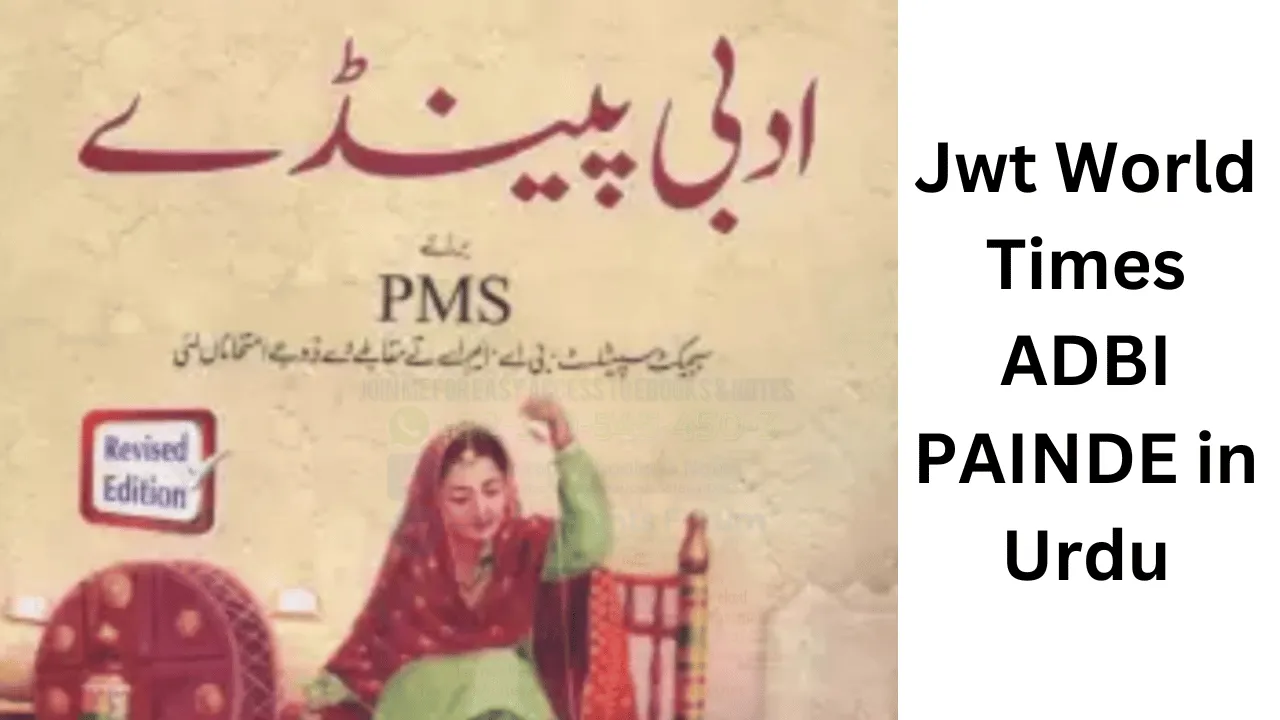
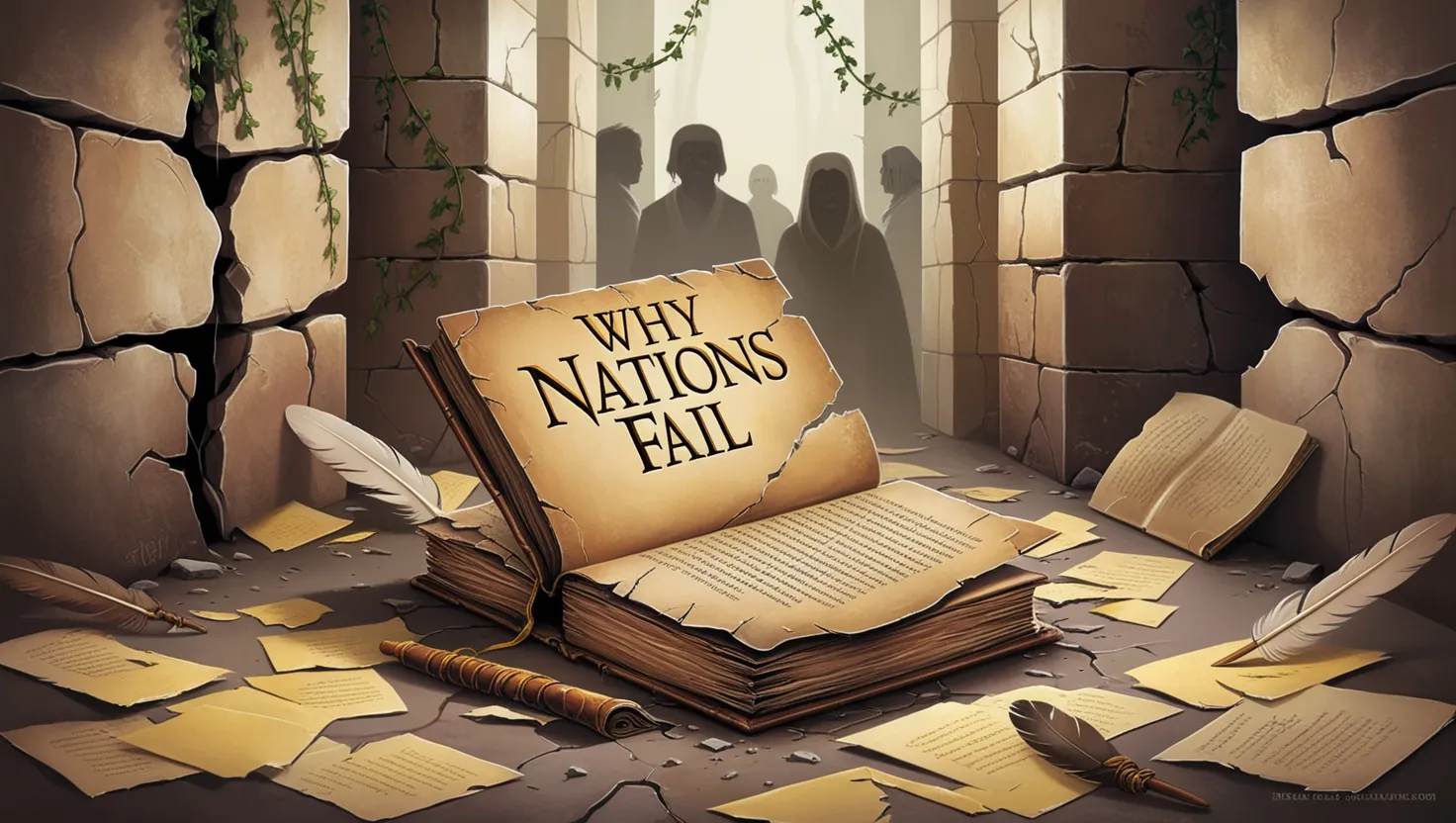
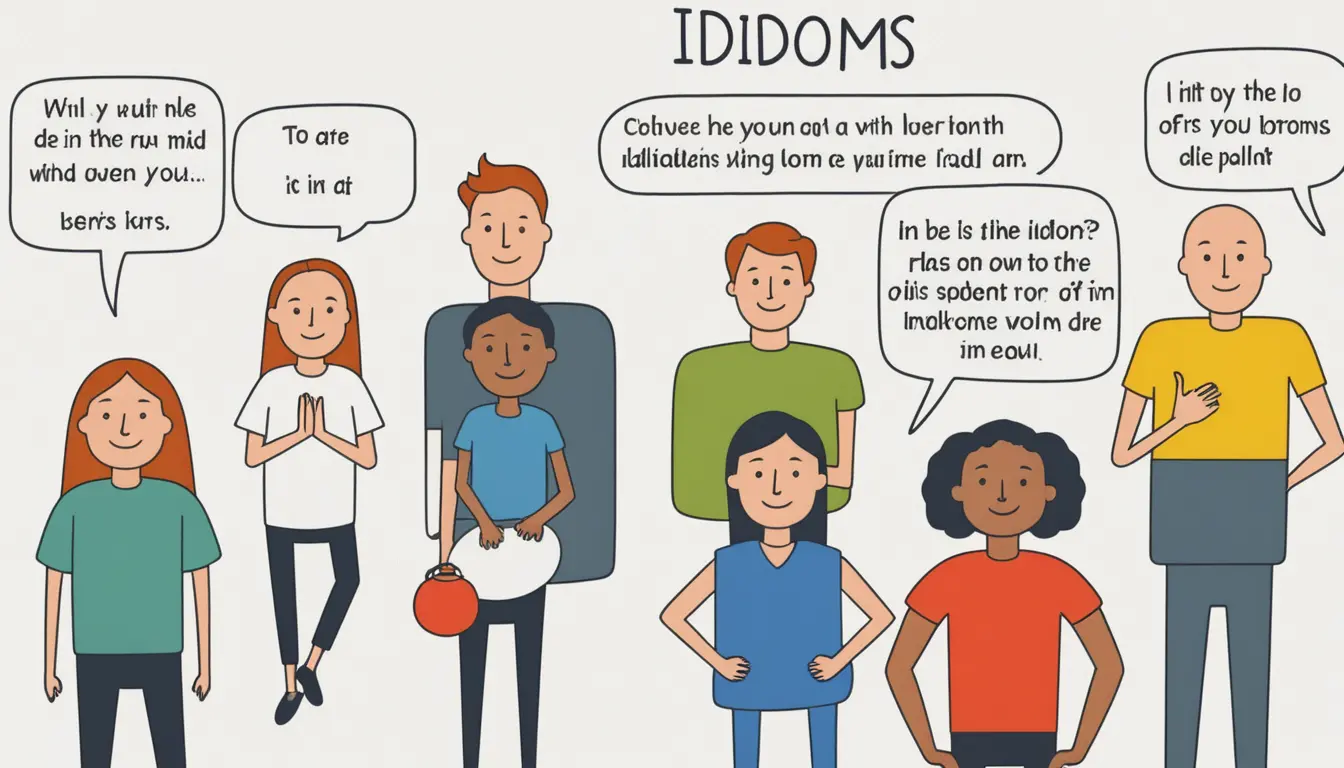

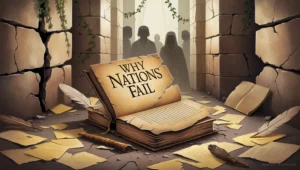
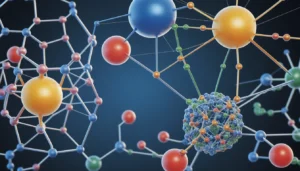
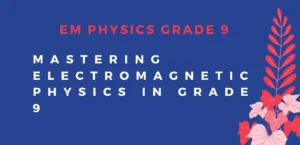
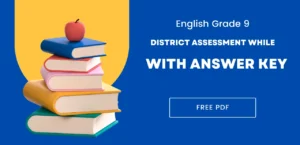
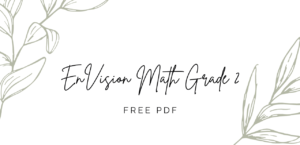
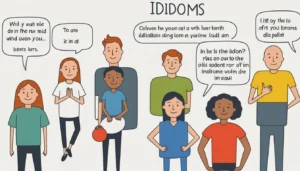

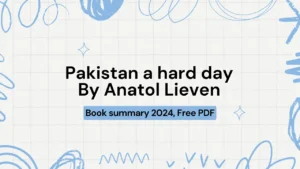
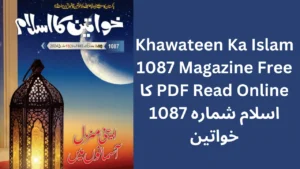

1 comment